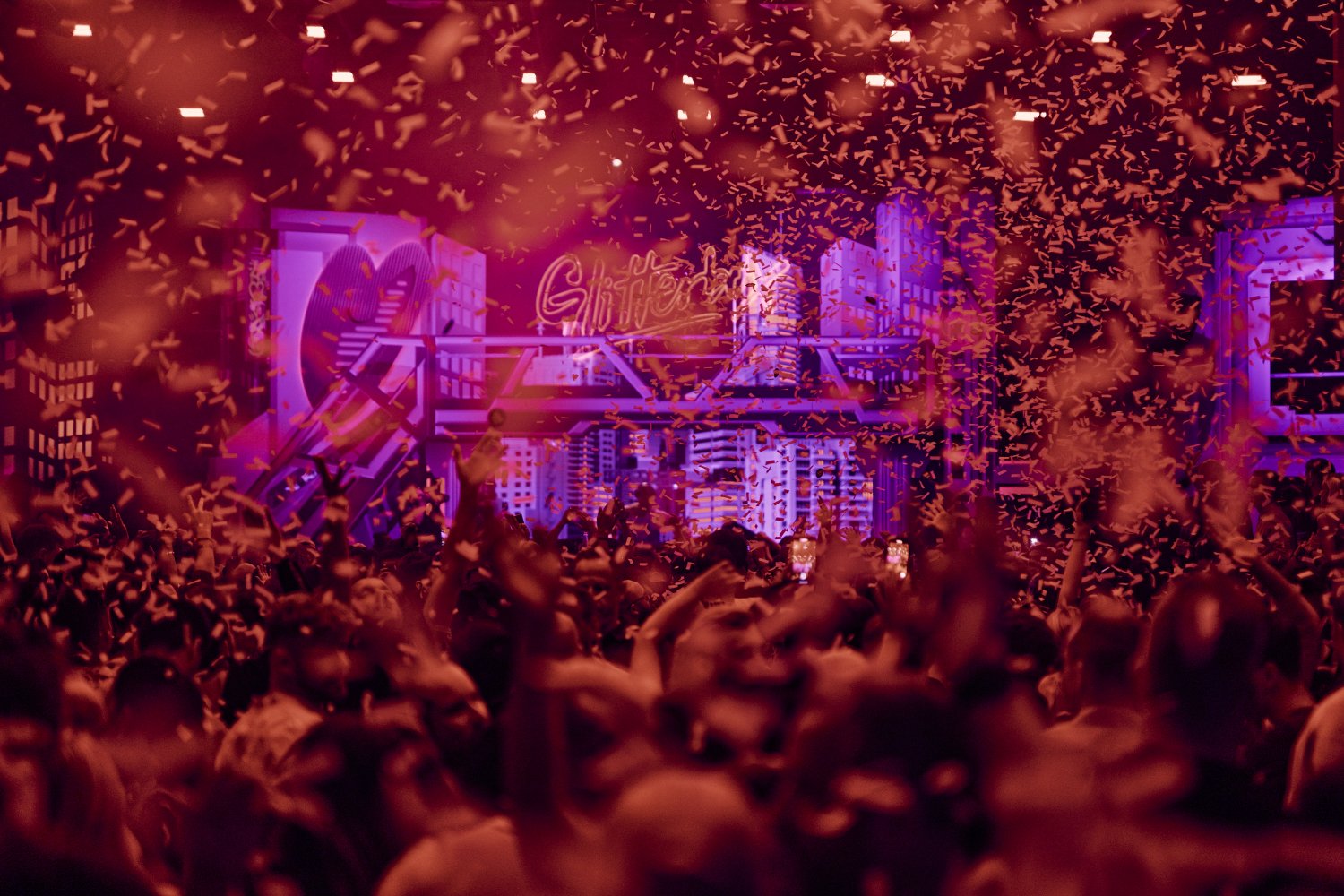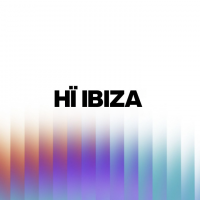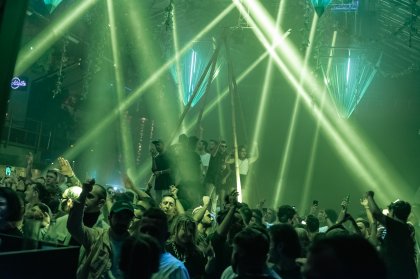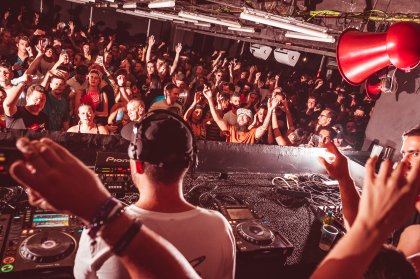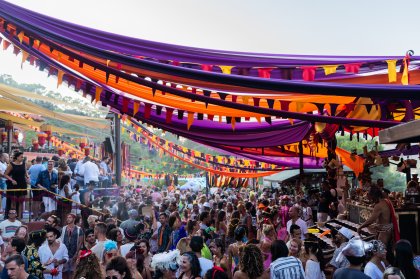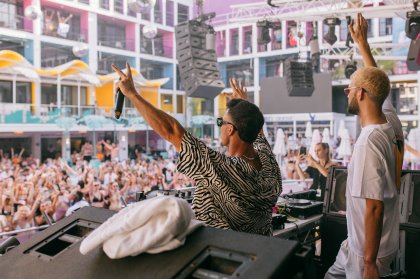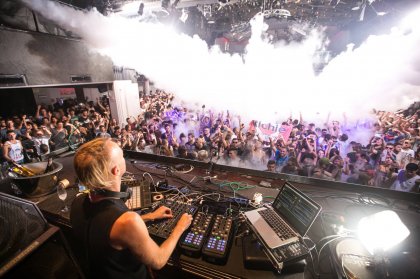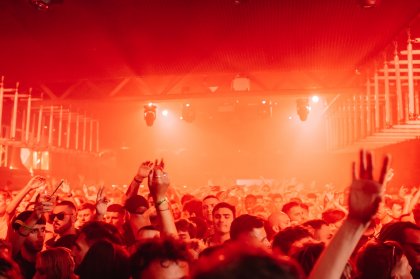Ibiza is known for its dance music the world over, but that is an umbrella term for various different styles. Our series on the genres of music found on the island helps identify the parties, clubs and DJs best suited to your tastes.
Next, in honour of Glitterbox's Ibiza launch for 2025, we're going way back to the roots of the scene, to the golden age of clubbing. Things as we know them all started in the 1970s with Disco!
All modern dance music can be traced back to Disco. We're sure you're already up to scratch, but in case you seek some feel-good Disco wholesomeness, listen to our playlist below.
Strictly speaking, we confess that the above playlist is not entirely Disco.
We've taken the liberty to also include some Synth Pop, a pinch of Funk and Soul, modern Pop that borrows heavily from Disco and end on some contemporary Disco - often referred to as Nu-Disco.
Save the playlist here and follow our Spotify channel here.
Disco
Where Ibiza is concerned, Glitterbox is the sparkly modern manifestation of Disco on the island. In the main room Theatre, you will hear lots of crowd-pleasers, with classic Disco alongside House music being played.
You might even be treated to a live PA from a certified disco diva?
However, next door in the Club Room you'll find a modern interpretation of Disco played by some of the best selectors in the world. We're talking names such as DJ Harvey, Horse Meat Disco, Dan Shake, Natasha Diggs and Luke Solomon.
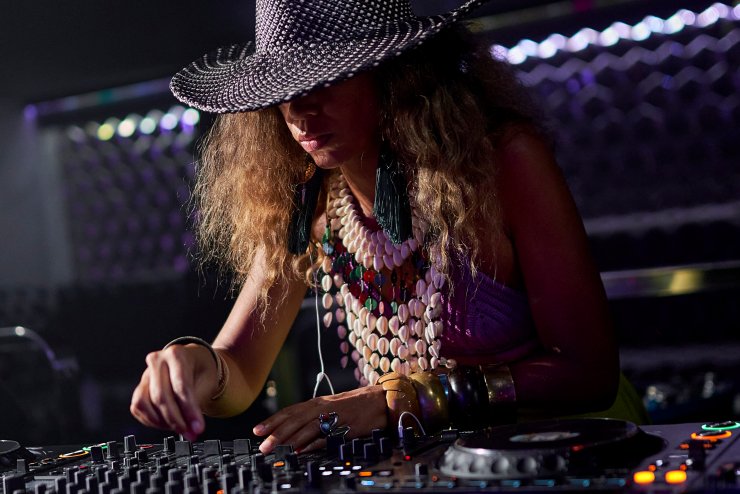
Glitterbox balances cheesy nostalgia with credibility better than any other club night. If you prefer things a bit more intimate, perhaps with an older crowd, then Freddies disco at Pikes is somewhere else you're likely to find old school and upfront Disco alike.
That's where things are at the moment, but where did Disco start out?
In the beginning
Rising to prominence in New York and Philadelphia in the early 1970s (but soon to take over the world), Disco is the granddaddy of all dance music. The name was taken from the French word discothèque, literally meaning 'a library of phonograph records'.
Contagiously funky and danceable, as we're sure you'll know already, Disco music is arranged with guitars, keyboards, synthesisers, several types of drums and both horn and string sections on top of powerful vocals.
It's one of the first types of music to use 64 channels in its composition. Its complexity, compared to other forms of music at the time, saw a rise to the importance of the mixdown and the increased reliance on studio engineering.
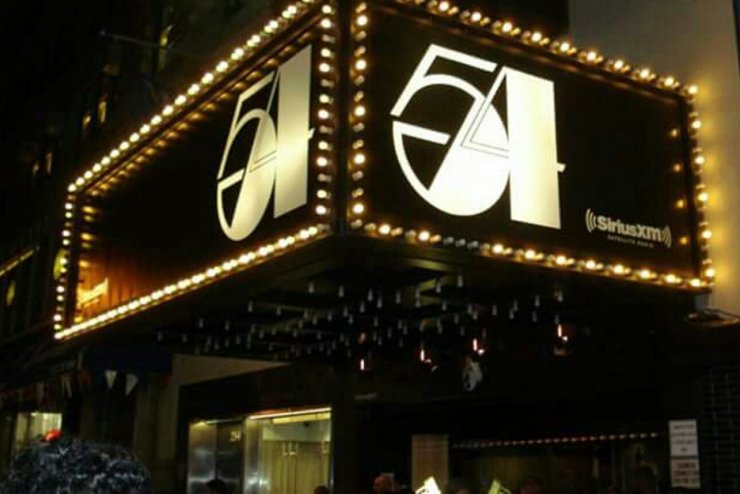
New York establishments such as Manhatten's Studio 54 and Broadway's The Loft, gained infamy for their Disco soundtrack, exclusive door policies, reports of reckless hedonism and A-list clientele, which included Liberace, Madonna, Andy Warhol, Liza Minelli and Nile Rodgers.
Glitzy attendees wore extravagant outfits from celeb designers, constituting loose clothing and flowery prints.
These institutions became the bedrock of modern clubbing.
On a wider level, Disco was helped popularised by cinema, including films such as Saturday Night Fever starring John Travolta.
Look at all the timeless iconography Disco has given us, from the shimmering disco ball to flares, and voguing to stilettos. Its legacy is more than just music. It's fashion.
DISCO SUCKS?
Disco's seemingly unstoppable popularity would come crashing down in the most heinous way possible. It would seem that Disco's universal appeal had bent the establishment's nose out of place and in the late '70s it conspired to torpedo Disco's credibility.
An uprising of dissension followed.
Shock jock and Rock connoisseur Steve Dahl, of Chicago radio station WLUP, was the mouthpiece for the DISCO SUCKS! movement. Dahl organised a vinyl amnesty during a Major League baseball game between the city's White Sox and fierce interstate rivals Detroit Tigers.
During the half-time interval of back-to-back games, a huge haul of records was burned in the middle of the field. The night went down in infamy as Disco Demolition Night, mobilising crowds over double the capacity of Comiskey Park. Riots ensued.
The phrase 'cultural sabotage' has never been more appropriate.
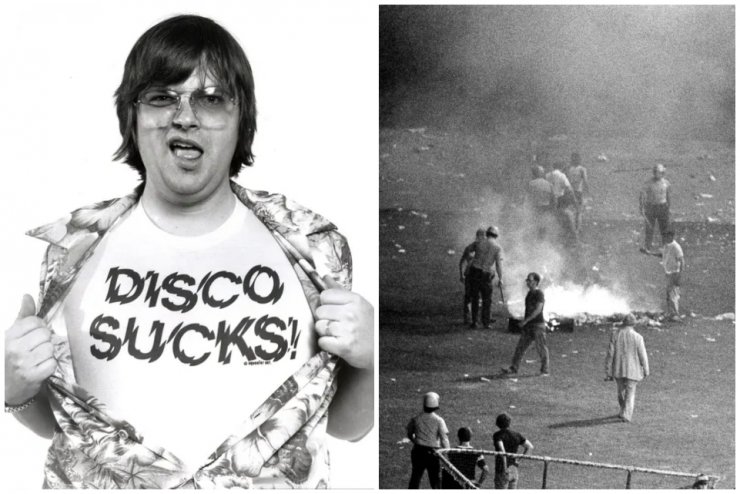
The anti-Disco movement had strong racist and homophobic undertones. The backlash was predictable in many ways. This was one of the first movements spearheaded by black and gay people that had infiltrated mainstream pop culture.
To a large extent, the campaign of hate worked. Overnight, Disco became a dirty word. It went from being cool and trendy, to saturated, dated and naff. Hounded out of town, Disco and its biggest protagonists were left with little choice but to retreat into the shadows.
So did Disco die? Quite the contrary, away from the limelight, it thrived once more.
Politically and socially, the world was in transition as humanity entered the 1980s. By the middle of the decade, Disco had mutated into a new sound that had emerged from Chicago, known as House music. Dead? Disco was reborn.
Find here our other music guides:
Ibiza Virgins' Guide to... House music
- Tech House
- Deep House
- Afro House
Ibiza Virgins' Guide to... Garage
Ibiza Virgins' Guide to... EDM
Ibiza Virgins' Guide to... Techno
- Melodic Techno
Ibiza Virgins' Guide to... Minimal music
Ibiza Virgins' Guide to... Reggaeton
Read more...
This article is part of our Ibiza Virgins' Guides, packed full of information on how to get the most out of your stay on Ibiza. Check them out.
Tickets to all Glitterbox dates are on sale now and available below.
